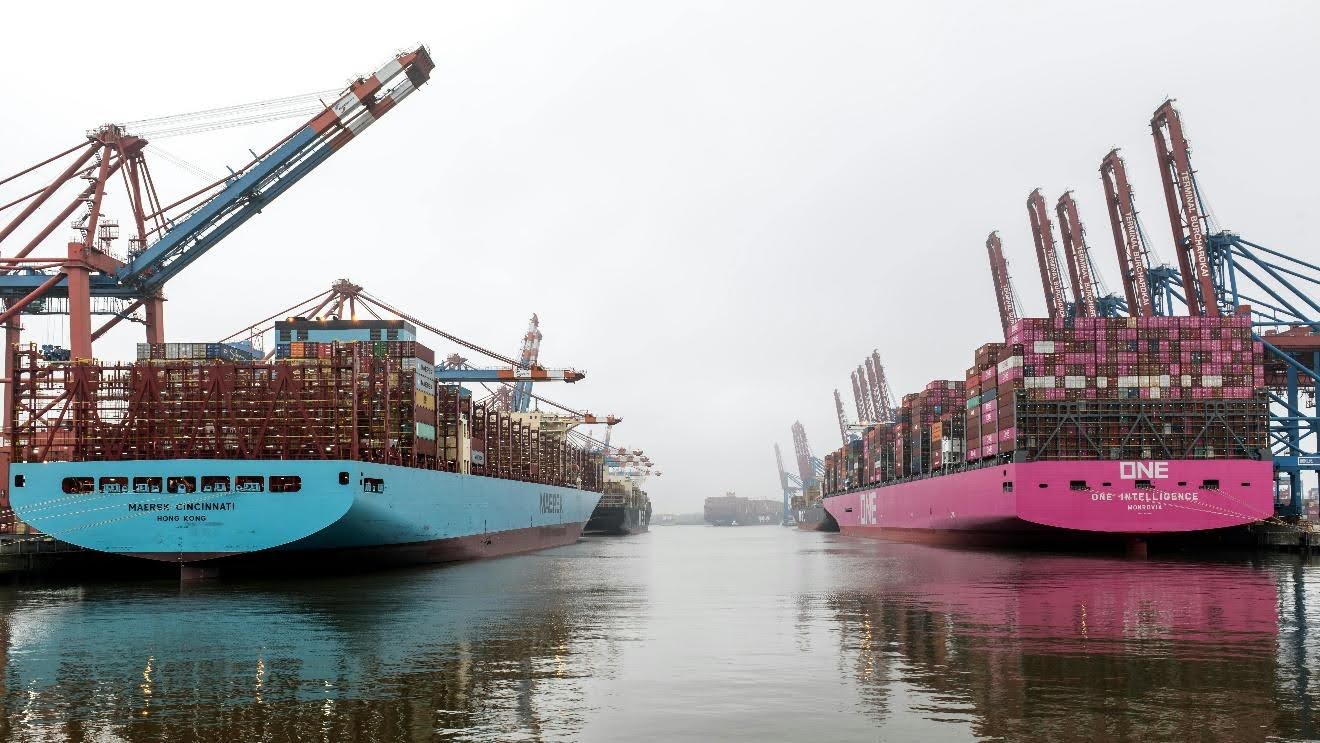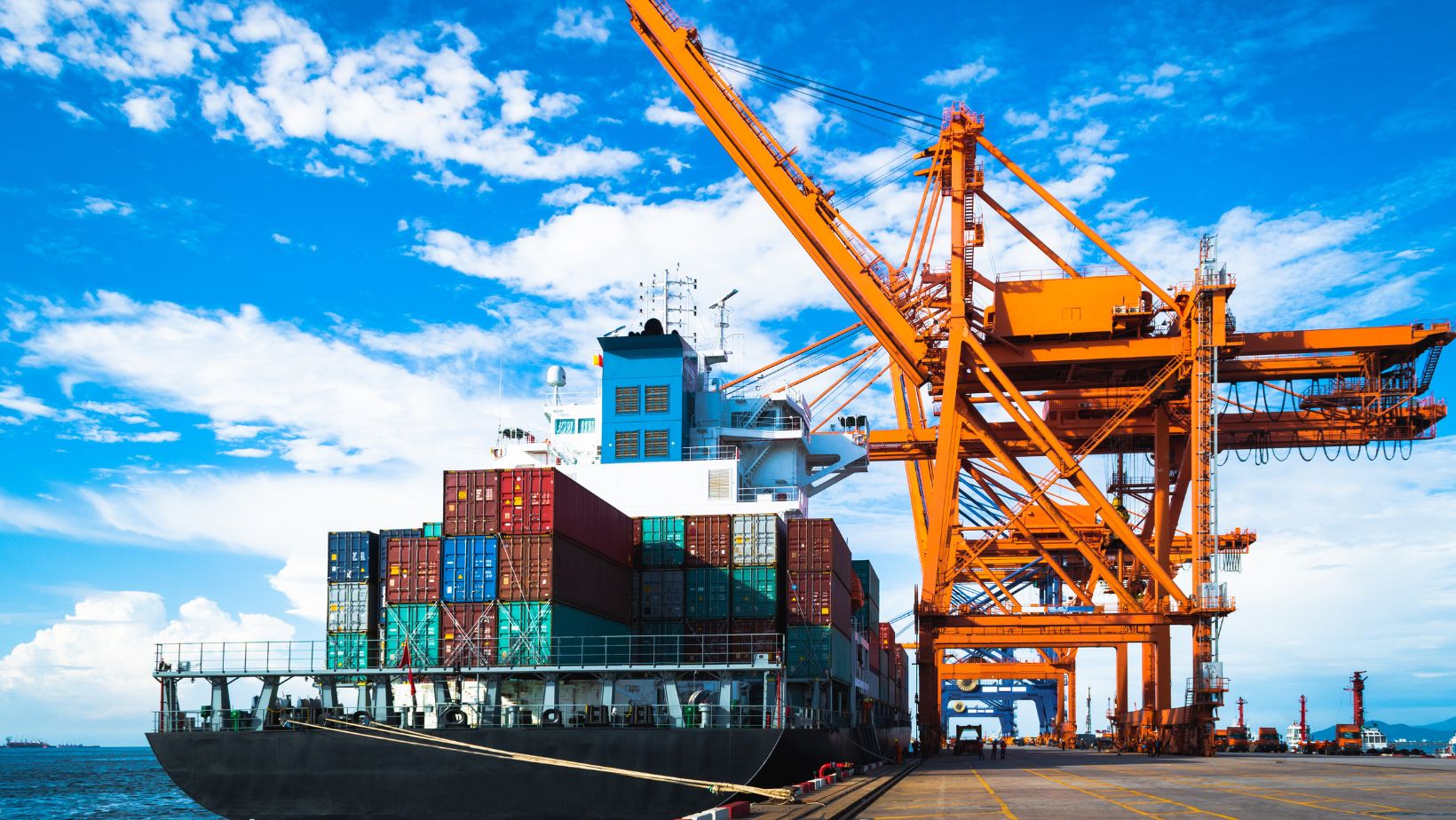Table of Contents
ToggleGlobal trade is a bustling network of exchanges, deals, and agreements that keep the gears of the global economy turning. At the core of this system lies an essential yet often overlooked tool: the futures market. It may sound like the territory of Wall Street elites or math geniuses, but in reality, futures markets play a pivotal role in how goods are moved, priced, and secured around the world.
This article dives into why futures markets are a big deal and how they impact everything from the cost of your morning coffee to the scalability of major industries.
What Are Futures Markets, and Why Do They Exist?
Futures markets are like time machines for trade, letting buyers and sellers lock in prices for goods to be delivered later. This includes oil, wheat, gold, or even frozen concentrated orange juice.
The goal is to take out the guesswork. Like if you’re a coffee farmer, you don’t want to rely on unpredictable harvest prices months down the line. Futures contracts let you lock in a specific price for the future, giving you more financial stability. And if you’ve been wondering, What time does futures market open? The answer isn’t as straightforward as you’d think.
Futures markets often operate almost 24/7, but specific start times vary depending on the commodity and the exchange handling it. For traders, this constant availability creates an opportunity to hedge risks or capitalize on changing trade environments across different time zones.
Risk Management for Global Trade
For businesses involved in global trade, risk comes with the territory. Prices for goods can fluctuate due to weather disasters, geopolitical issues, or economic shifts. Futures markets provide a way to manage these risks more effectively. Say you’re importing crude oil for your manufacturing plant. By purchasing a futures contract at a set price, you’re shielding your operations from wild price swings in the energy market.
Futures aren’t just for corporate giants. Farmers, small-scale traders, and even governments use these markets to create a safety net. Agriculture, in particular, relies on futures markets to stabilize income. A drought or flood could devastate a farmer’s crop yield, but futures contracts ensure they at least get a steady price for what they can produce.
A Global Standard for Pricing
If you’ve ever traveled or shopped online, you’ve probably noticed that prices for the same product can differ across countries. Futures markets help create a standard for global pricing. Because futures trading involves a global network of buyers and sellers, these markets determine a benchmark price for commodities.
Take oil, for example. Crude oil prices are set globally and significantly influence costs that ripple through other industries, like transportation and manufacturing. This global pricing ensures that a factory in India doesn’t pay drastically more for oil than a factory in Germany. Without futures markets, pricing would likely be far more chaotic and inconsistent.
Unlocking Opportunities for Trade Efficiency
Futures markets also grease the wheels of trade by improving efficiency. Remember, futures aren’t always about physically exchanging goods. Sometimes, they help with financial planning or building investment portfolios. But in the broader picture, these markets improve supply chain visibility.
For example, shipping companies can use futures to estimate transportation costs better and manage logistics. Similarly, businesses sourcing raw materials can predict long-term costs and budget accordingly. This kind of foresight keeps trade running smoothly and reduces disruptions caused by uncertainty.
Encouraging Global Economic Growth
Futures markets aren’t just useful for individual businesses, they help boost entire economies. When risks are managed well and pricing stays predictable, investors feel more confident in funding projects. This kind of stability can be especially beneficial for developing countries, helping them attract international trade and investment.
Take industries like agriculture or energy, for example. Futures markets allow smaller economies to compete globally, selling their resources or products at fair, competitive prices. The result? More jobs, economic growth, and a step toward reducing poverty.
Futures Markets and Everyday Life
If all of this seems abstract, consider how futures markets touch your daily life. The price of your fuel, groceries, or even your electricity might be influenced by futures trading. For instance, futures contracts for wheat can impact the cost of bread, while gold futures influence prices for jewelry or electronics.
Even beyond pricing, the successful functioning of these markets ensures that goods from across the world continue to reach consumers efficiently. The next time you look at your cup of coffee, you might think about how the price you pay is stabilized thanks to futures markets.
Final Thoughts
Futures markets may not seem exciting at first glance, but their impact on global trade and everyday life is massive. They stabilize prices, reduce risk, and ensure fairness across a vast web of economies. Whether you’re running a business, filling up your car’s gas tank, or simply enjoying a hot beverage on a lazy morning, futures markets have played a role in making it possible.

















